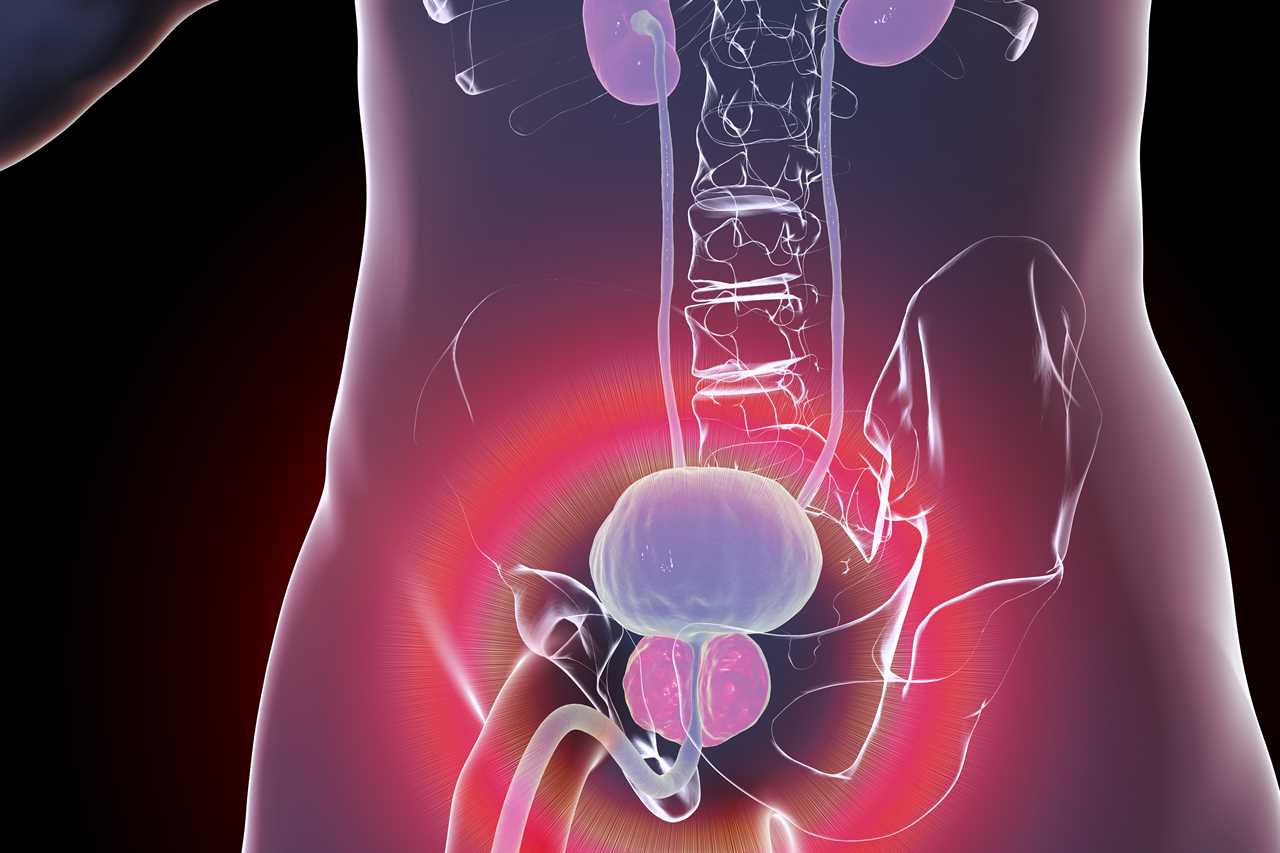NEEDING to pee during the night could be a sign of prostate cancer, experts warn.
Nocturia, as it’s known, is one of the most common symptoms of the disease, which kills more than 12,000 men in the UK every year.

More than 12,000 men die from prostate cancer every year in the UK
According to the NHS, other indicators can include:
- Needing to rush to the toilet
- Difficulty in starting to pee (hesitancy)
- Straining or taking a long time while peeing
- Weak flow
- Dribbling urine after you finish urinating
- Feeling that your bladder has not emptied fully
- Blood in urine or blood in semen
However, not everybody with prostate cancer will show symptoms.
In fact, you may only start noticing signs of being unwell after the cancer has spread.
Then, it can cause:
- Back pain, hip pain or pelvis pain
- Problems getting or keeping an erection
- Unexplained weight loss
- Fatigue
- Generally feeling unwell
You might also have specific symptoms depending on where the cancer has spread to.
According to Cancer Research UK, this most common place is to the bones, followed by the lymph nodes, liver and lungs.
More than 52,000 men are diagnosed with prostate cancer every year across the UK – that’s 143 every day.
Someone dies from the disease every 45 minutes, according to the charity Prostate Cancer UK.
It mainly affects men over 50, and your risk increases with age.
This becomes even higher for black men and those with a family history of prostate cancer.
If you suspect you might have prostate cancer, speak to your GP.
There are several tests available, including a digital rectal examination, a PSA blood test, a biopsy and scans.
Treatment usually involves active surveillance, surgery or radiotherapy.
Generally, more than 95 per cent of people survive a year following diagnosis, and 85 per cent survive their cancer for five years or more.
Your outlook depends on when it was caught. The earlier the better.






